Laughter can aid in the healing and processing of painful events. But clearly, the way suicide is shown and discussed can hurt as much as it can heal. And, although filmmakers are under no obligation to show suicide in a certain way, the potential impact of their films means that they carry responsibility. Better comedies treat suicide with weight and balance. They don’t treat it as a punchline without giving it meaning, and they don’t undermine work to destigmatise suicide or mental health. Here are just a few comedies which feature suicide, with varying degrees of success. “Little Miss Sunshine” (2006) Directed by Valerie Faris and Jonathan Dayton Steve Carrell plays Frank, a man recently discharged from hospital after a suicide attempt. He has bandages on his exposed arms throughout the film as a constant reminder. His demeanour is subdued and he’s depressed. But he’s always dressed in white, a beacon of purity and new life perhaps. His character blends perfectly with the rest of the cast who are bright, depressed, determined, and struggling. Frank is part of the rich fabric of life. It’s Frank’s honesty about suicide which shocks some members of the family but is far less damaging to young Olive than other things her family says to her. This clear, age-appropriate explanation of suicide is a great way to show that children need to understand what it is. The rest of the family are also very open about discussing suicide and why they need to keep Frank company. Ultimately, he’s accepted as part of the family; broken, wise, vulnerable and valuable. “Emma Peeters” (2019) Directed by Nicole Palo In this French Canadian zany comedy, Emma (Monia Chokri) decides to die on her 35th birthday. She makes the appropriate preparations and attempts to arrange her own funeral. The funeral arranger doesn’t dissuade her though, as he supports her endeavours. This film has more comedy than heart which puts the suicide theme in an awkward light. It’s bright and cheery, and more of a romantic comedy which leverages suicide as a taboo plot point rather than treat it with particular seriousness. Emma’s desire to die is seen as a quirk. It’s shocking to her friends and family but, it could almost be swapped with any number of other zany goals. Without any darkness to temper the light, this film veers more towards uncomfortable territory rather than a responsible one. “Girl Most Likely” (2012) Directed by Shari Springer Berman and Robert Pulcini Here, Imogene (Kristen Wiig) attempts suicide but insists it was only to get the attention of her ex-boyfriend. This film’s suicide scene is not treated with much care or respect. It is laboured as an act of performance, not desperation. The insistence that it was purely for attention carries the risk of perpetuating assumptions that suicidal people are merely seeking attention. There is a danger that this kind of narrative undoes the hard work to break the stigma of suicide. In that sense it verges on irresponsible. The joke is that she screwed up and her actions were ultimately deemed more serious than intended. But the joke isn’t funny. The suicide attempt itself is drained of all depth and is quickly forgotten in favour of the outcome – that she has to live with her mother. It’s a plot driver which could have been any number of other things. “Harold and Maude” (1971) Directed by Hal Ashby The film opens with one of Harold’s many fake suicide attempts. “I suppose you think that’s very funny, Harold”, his mother remarks. Like “Little Miss Sunshine”, there are shades of light and dark in this film which make the comedy funnier and the darker themes richer. Harold (Bud Cort) is melancholy and obsessed with death. In contrast, Maude (Ruth Gordon) is sprightly and bright. Together, they openly discuss big issues such as life, joy, loss and death. With this contrast of light and dark, the theme of suicide is not a throwaway plot point, it’s a serious and dark obsession which is treated with humour. Something that “Emma Peeters” and “Girl Most Likely” just miss out on. By the time a real suicide is completed, it’s devastating. The thing Harold had been playing at and idolising becomes real and shocking. It’s no longer theoretical or a toy to be played with. As the understanding and de-stigmatisation of suicide improves, hopefully, many more films will find the right words to discuss it. Perhaps, they can help a lot of people to come to terms with suicide, be it that of the suicide of someone else or their own feelings and thoughts.
But as you’re watching these films please be mindful of what they are saying and how it makes you feel. It’s okay to be helped by it but it’s also okay to find it too painful. If you want to speak to someone about mental health or suicide please be open about it and seek help. You’re not alone and you do matter. Here is a list of global suicide prevention hotlines. Comments are closed.
|
AuthorHi, I'm Caz. I live in Edinburgh and I watch a lot of films. My reviews focus mainly on women in film - female directors or how women are represented on screen. Archives
December 2021
Categories
All
|
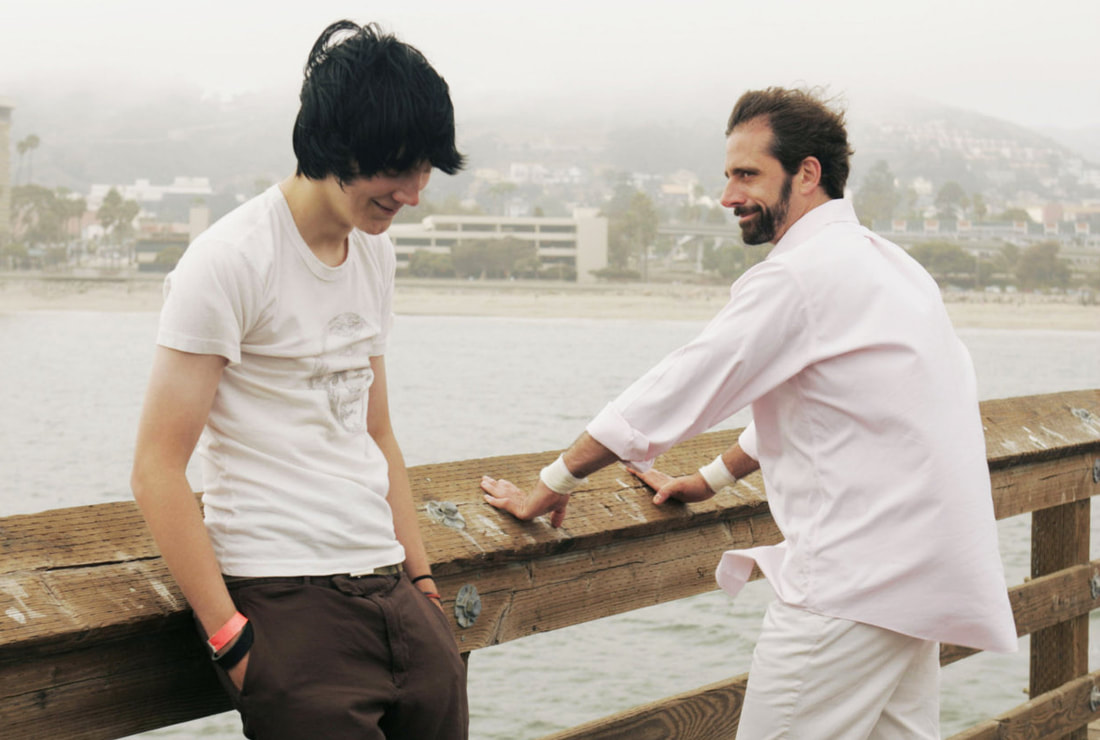
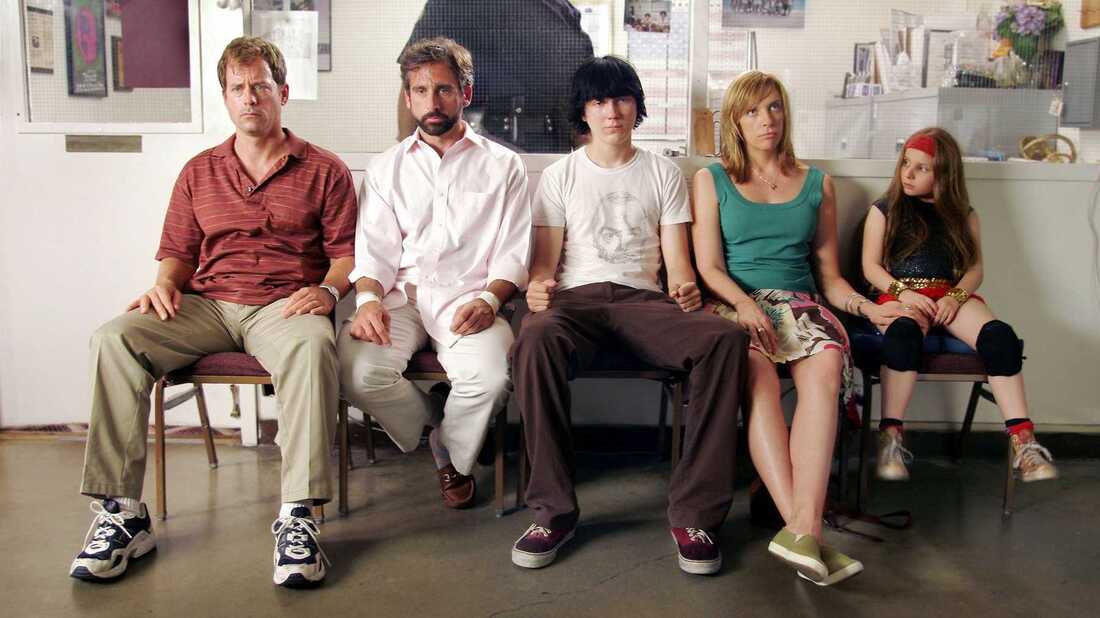
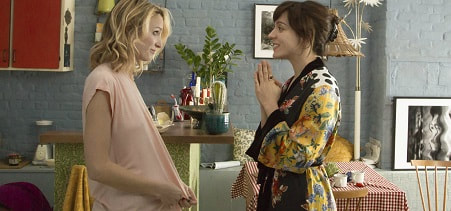
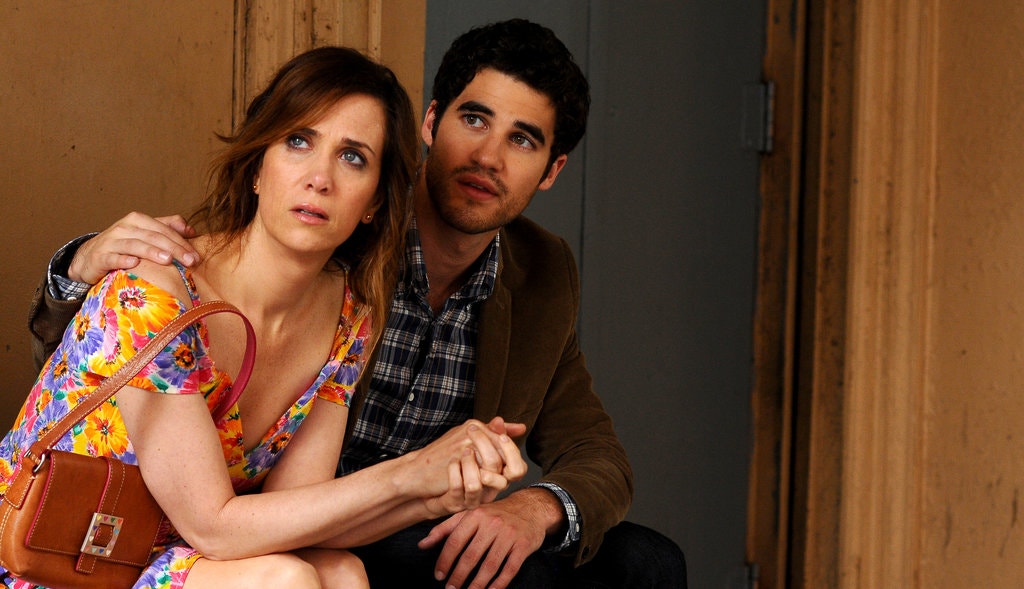
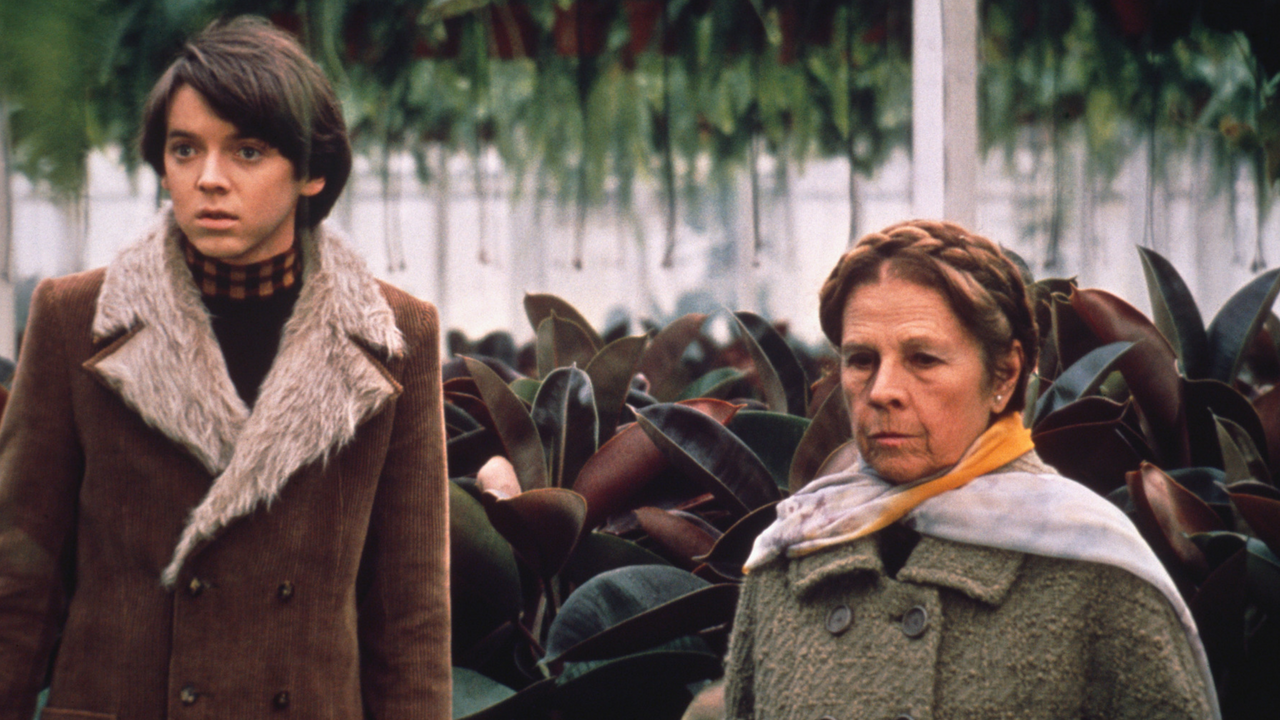
 RSS Feed
RSS Feed
